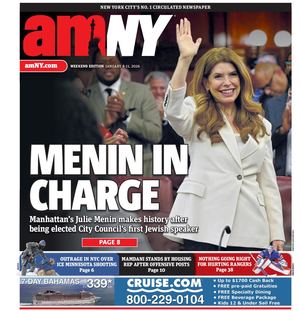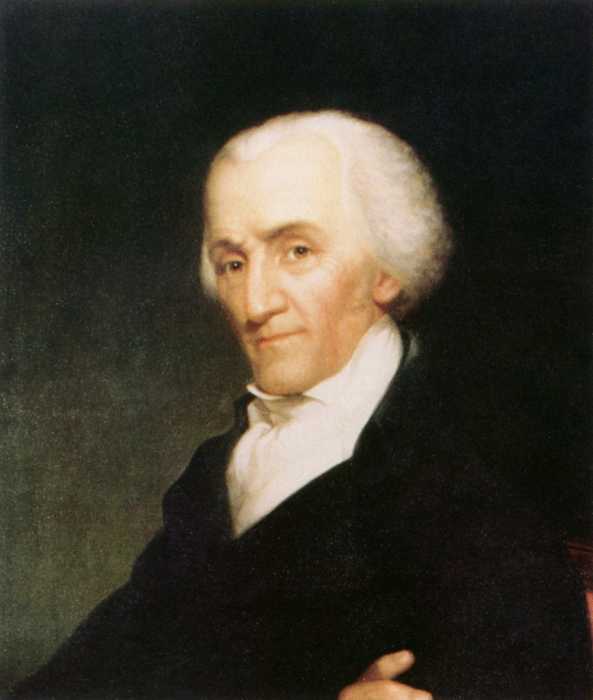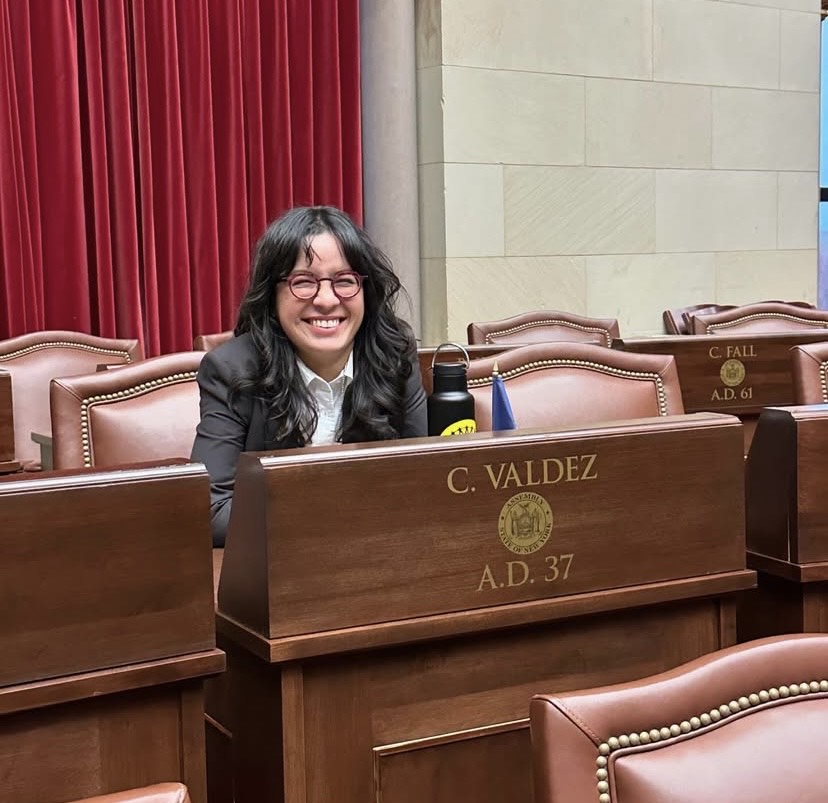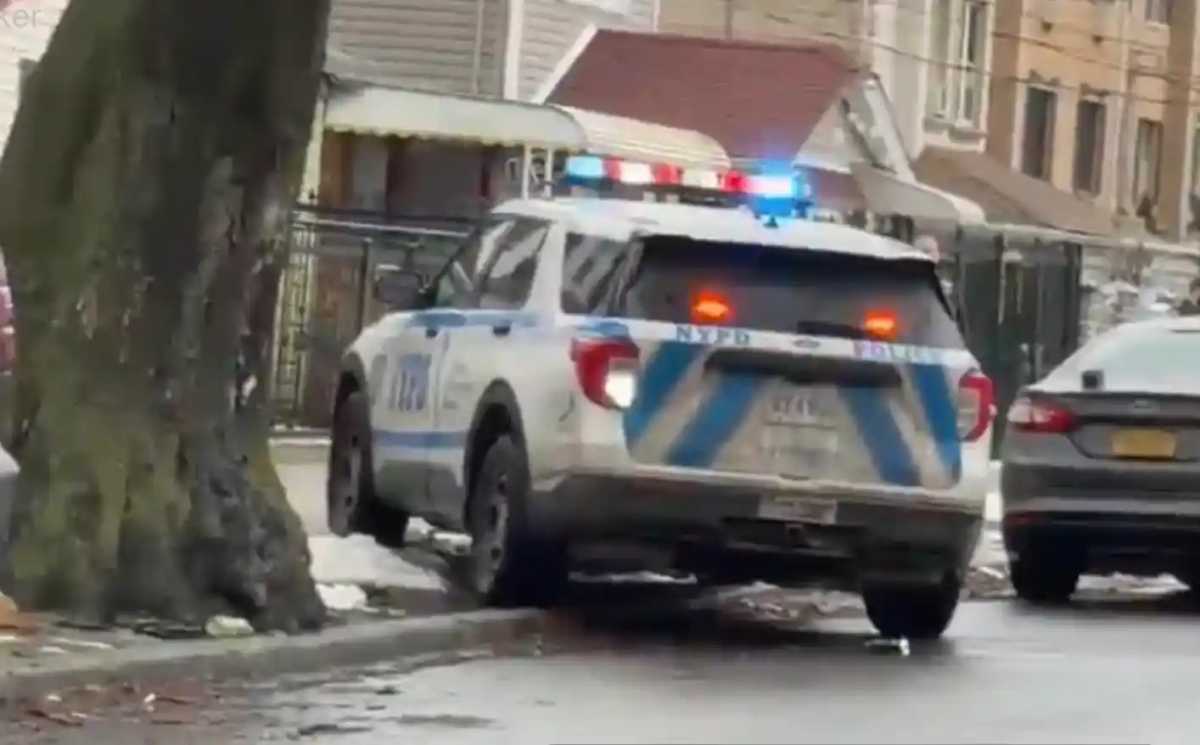
Because Mayor Bill de Blasio easily won a second term, he has a mandate to stake strong positions to solve serious problems in NYC.
He can start by dropping his faux-populist opposition to congestion pricing.
The policy, successfully adopted by cities around the world, uses tolls to make it more expensive for vehicles to enter the highest-traffic areas at different times of day.
In NYC, congestion pricing would aim to reduce the number of vehicles in Manhattan, leading to less traffic, fewer carbon emissions and better air quality — all of which also would help improve our health.
Toll revenue would help fund much-needed upgrades to our ailing subway system. De Blasio’s incessant finger-pointing at Gov. Andrew Cuomo, who has signaled support for congestion pricing, is ill-advised.
The mayor has said congestion pricing is a regressive tax, meaning an unfair economic burden on lower-income New Yorkers. The problem with this analysis is that it’s wrong. Most poor New Yorkers don’t own cars. (By the way, where is this bold populist version of the mayor when we need him to stand up to real estate developers? But I digress.)
When then-Mayor Michael Bloomberg proposed congestion pricing, a study by the Pratt Center for Community Development and the Tri-State Transportation Campaign, two nonprofit organizations, found that in almost every State Assembly district in NYC, households with cars were 50 percent richer than those without cars. In nearly half the districts, the automobile owners’ household incomes were twice as high as those of the carless households.
As StreetsBlog, a website that promotes alternatives to driving, recently pointed out, “Poor New Yorkers stand to gain a lot from congestion pricing” because hundreds of thousands would benefit from the increased transit funding, while just 5,000 would pay tolls to commute into Manhattan.
De Blasio’s objection to congestion pricing in the name of poor New Yorkers is wrongheaded. If he wants to improve life for the poor — and for most of us — he should embrace it.
Liza Featherstone lives and writes in Clinton Hill.






































